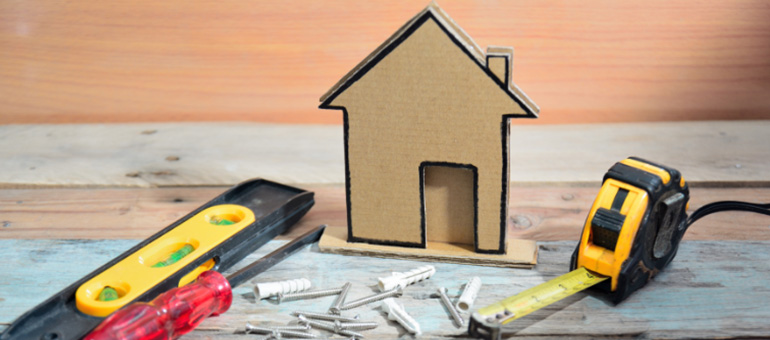7 Frugal Habits That Aren't Actually Good for Your Finances
Frugality, while a worthy trait, can lead you to make choices that might seem wise in the short term but actually cost more in the long-term regarding time, finances, and quality of life. Letting the concept of small savings and neglecting the bigger picture can backfire. Saving a few cents makes you feel like you are inching closer towards your financial goals, but can end up costing more if you do the math.
Here are seven thrifty habits that some experts say aren’t good for your finances.
Driving Miles to Different Stores to Get Good Deals
While the savings you might gain by driving from store to store to save a few dollars versus shopping once per week may seem like a good idea, it’s not. Once you factor in the cost of time, gas, and wear-and tear on your vehicle, any savings you once incurred are wiped out.
Driving to Another Town to Save on Gas
Driving to the next town over to save ten cents per gallon could be more costly than the amount you are saving. For example, if your car holds 15 gallons, and you need 13 gallons to fill up, you will save $1.30. Potentially saving you $130 over the course of a year if you fill up a couple times per week. Is that worth the time, extra gas, and wear- and-tear on your car? Probably not.
Buying Items Only Because They Are on Sale
Focusing on the low cost of an item instead of the need is a mistake for your finances. Sales are often a marketing tactic to get you to spend money- and it works. But remember, if you spend $5 on something you don’t really need, you spent $5 too much.
Buying in Bulk When You Don’t Really Need To
If you’re a member of a wholesale shopping club, the savings you can reap by buying in larger quantities can be appealing. Still, you should really consider if it is worth it. Do you really need a case of Q-tips, and will you use the 8-pound bag of apples before they ruin? Studies have shown you end up spending more money than if you would just purchase the items you needed.
Depriving Yourself of Something You Enjoy
You are not going to get rich by skipping the coffee line, period. But it’s all about balance. Instead of buying coffee every day, maybe save it for Mondays when you need a little boost. Then you can look forward to it as a treat, and not feel like you are missing out.
Changing Your Own Oil
Changing your own oil is a great example of a frugal habit that doesn’t really benefit you in the long run. It is time-consuming; you must purchase (and eventually store) all the equipment needed, you have to dispose of the old oil, and you can ruin your clothing- all to save a few bucks. Your time could be better spent elsewhere.
DIYing Your Own Home Improvements
If not done correctly, doing your own home upgrades can end up costing more than what you bargained for. There is a reason an expert costs more to get the job done. They usually do good work in a timely manner, and more importantly, right the first time. The money you saved by doing it yourself could get squandered away when an issue with your work arises months later.

